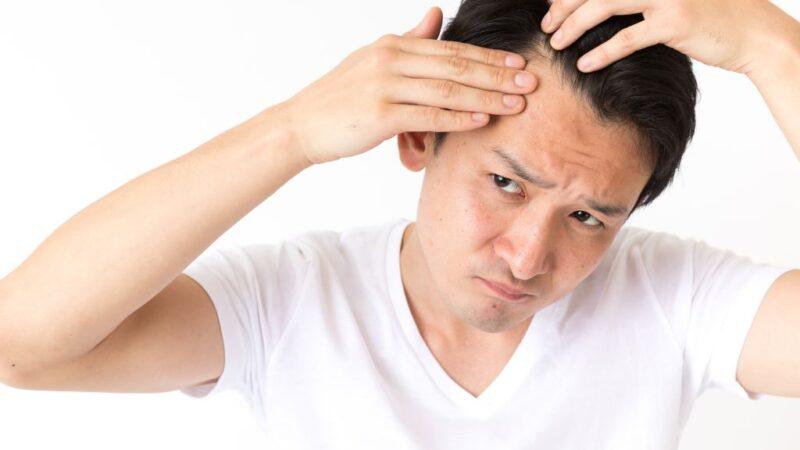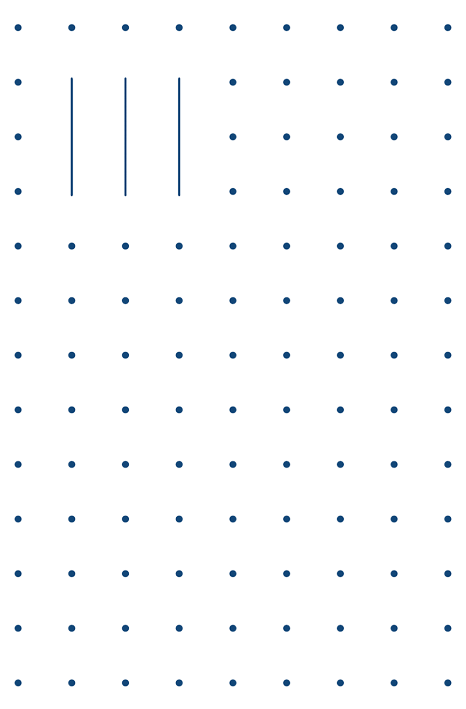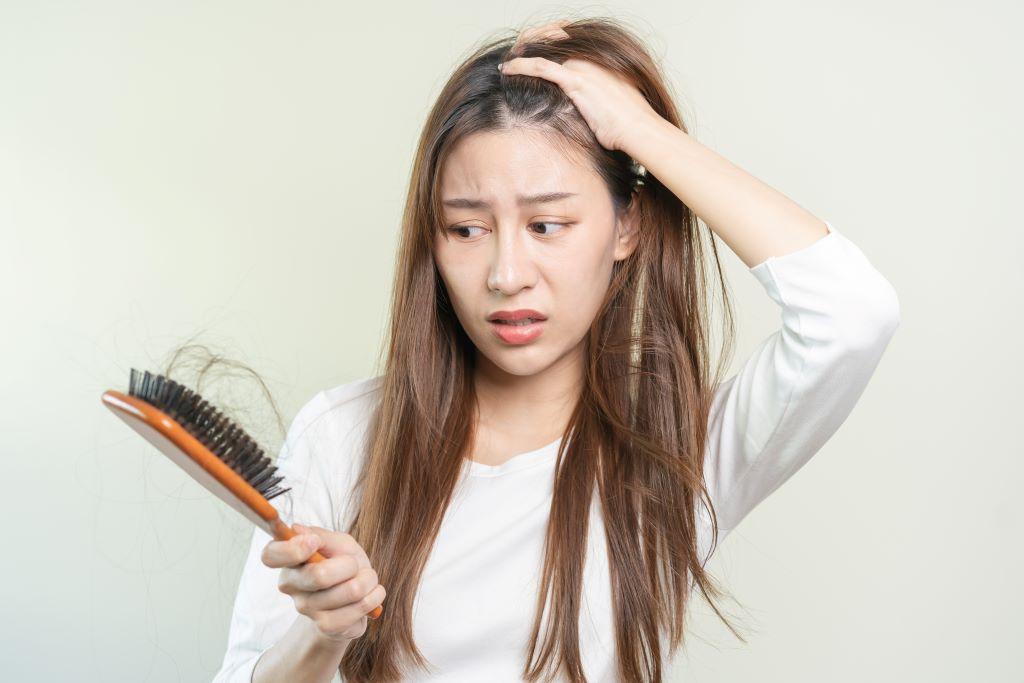
What Causes Hair Loss at a Young Age?
Dealing with hair loss at a young age can be traumatic. We'll tell you four reasons young people can lose their hair and what you can do about it.

Dealing with hair loss at a young age can be traumatic. We'll tell you four reasons young people can lose their hair and what you can do about it.

No one wants to face the realities of hair loss. But dealing with hair loss at a young age can be particularly traumatic, undermining your confidence and self-esteem.
However, there’s usually always something you can do about losing your hair. We’ll list the four main reasons young people may experience hair loss and the areas of your lifestyle you might want to examine, as often, hair loss can be reduced or eliminated by modifying your lifestyle. But if your hair loss is genetic and baldness is simply not an option for you, we’ll also tell you where to find effective hair loss treatment in Thailand.
Generally, outside of medical conditions that cause hair loss, there are four main reasons for unexplained hair loss in people of a young age. If you’re around the age of 20 and you’re suddenly experiencing noticeable hair loss, altering your diet or grooming habits may help to remedy the hair loss.
Your hair grows out of hair bulbs in your scalp. These bulbs are part of the hair follicle and contain the cells that produce hair. These cells have a high turnover rate and are very sensitive to deficiencies in protein in the body. These cells need amino acids, the basic protein materials, to create the hair. Low-calorie diets can lead to lower amounts of protein in the body which may result in unexplained hair thinning, brittle hair, and hair loss.
The most common nutrient deficiency in the world is iron deficiency, which can lead to hair loss. This deficiency appears to disrupt hair growth by diverting iron stored in the hair follicle to other areas of the body to fight the deficiency.
Having both a protein and an iron deficiency means you need to ensure your diet doesn’t cause protein restrictions or anemia. You can try taking multivitamin supplements containing these nutrients until you’ve restored your body’s balance and are no longer experiencing hair loss.
Eating disorders, including anorexia and bulimia, can play havoc with your hair growth.
Anorexia nervosa affects the integumentary system, which is comprised of hair, skin, and nails. The hair can become weak and brittle and fall out, while the skin dries out and nails become brittle.
Bulimia robs the body of nutrients by repeatedly purging before the body has had the chance to absorb any nutrients from the food. The body is effectively being starved, even though the person may appear to eat normally.
Consulting a mental health professional is the first course of action if you’re experiencing hair loss as a result of an eating disorder. You have to get the disorder under control to have any hope of dealing with the lesser problem of hair loss. Once the eating disorder is under control and you’re absorbing nutrients, you’ll notice an improvement in your hair, skin, and nails.
You can kill your hair with attention through the excessive use of hair styling products such as gels, perms, dyes, and relaxers. Repeatedly using products to style and hold your hair in a specific style or coloring your hair can also damage it.
If you’re considering perming or dyeing your hair, you should have it done professionally to ensure it stays healthy throughout the process and remains healthy afterward.

The number one reason young people may experience hair loss is simply that other family members do. No amount of care or medicine will make hair continue to grow in people who are genetically predisposed to balding.
A family history of baldness can only be slowed by maintaining healthy hair. At some point, the only treatment is a permanent hair transplant. Both females and males can experience pattern baldness, and hair transplants are available for both.
Bangkok Hair Clinic in Thailand offers a choice of hair loss treatments, including three types of hair transplants. However, the FUE shaven hair transplant technique has the highest hair adhesion rate. It’s a technique that doesn’t require any incisions in the scalp, so there will be no visible scars. Shaven FUE has become the most popular transplant because it can be completed in one day and only requires 1-3 days of recovery time. The patient can resume their daily life right after the surgery. Medical communities around the world recognize shaven FUE permanent hair transplantation for the excellent and quick results it delivers.
If you’re experiencing hair loss at a young age, contact Bangkok Hair Clinic to make an appointment for an initial consultation.